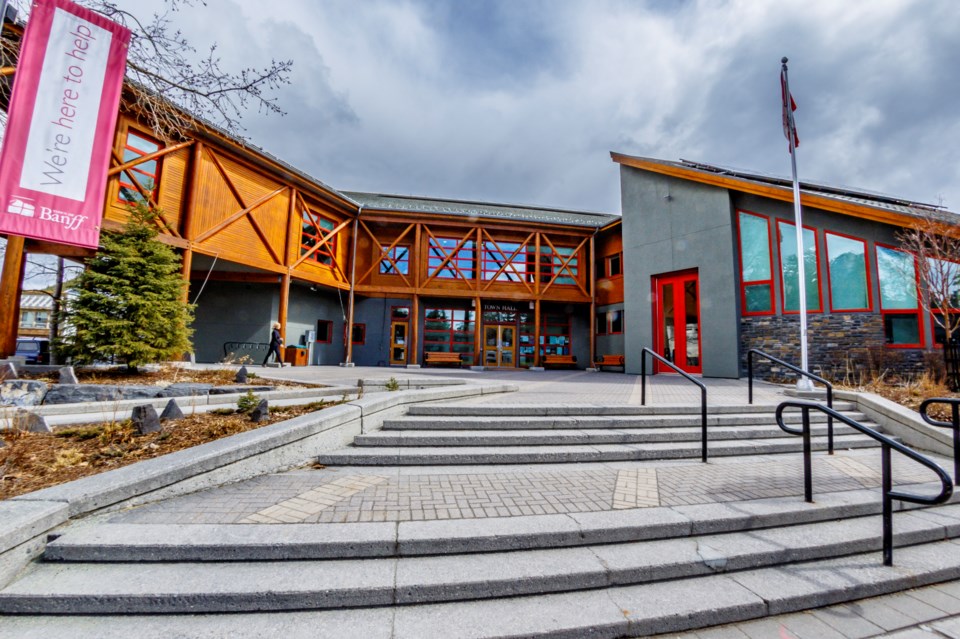BANFF – The Town of Banff’s traffic enforcement team will be equipped with in-car cameras in future.
Uniformed peace officers already wear body cameras, which record and portray interactions with people.
However, in the case of a traffic stop the body cameras do not provide footage of the offence itself, prompting the governance and finance committee to recommend final council approval of the $20,000 spend for two in-car cameras in the 2024 budget.
Town of Banff officials say in-car cameras play a significant role in protecting the safety of officers, reducing liability claims against officers, providing transparency to the community, and for providing video evidence to support charges laid.
“It’s just an unfortunate reality of folks denying when infractions happen, or being able to clarify what actually happens, so on either side it helps to provide clear evidence,” said Mayor Corrie DiManno.
“It’s a small spend when you think about the amount of staff time needed to go sit in court all day.”
One of the main priorities of the Town of Banff’s municipal enforcement department is to conduct proactive traffic enforcement on a daily basis within the townsite.
In-car camera systems include a front dash camera that is automatically activated when the emergency lights are turned on. The cameras are constantly filming and record footage 30 seconds to a minute before the emergency lights are activated, similar to RCMP in-car cameras.
The cameras can be programmed to constantly store footage so every recording will include that time before the camera is activated and will end when the officer turns it off. This allows for offences to be captured on the recording and presented as evidence when required.
The camera can be activated manually for interactions with the public or any other investigative reason.
Officials say officers have been busier since the introduction of the traffic safety unit within the municipal enforcement department, noting 1,033 speeding tickets have been issued within the townsite so far this year compared to 613 last year.
Silvio Adamo, the director of protective services for the Town of Banff, said it is very difficult for people to fight tickets such speeding, for example, if there is video evidence.
“When we pull over vehicles for infractions that video documentation that the RCMP also use is invaluable in supporting the ‘I said, they said’ argument that we predominantly see when things are challenged in traffic court,” said Adamo.
“Just like our body-worn cameras that peace officers wear that are invaluable in videoing and documenting those interactions, this is the other step in connecting both of those systems together by having cameras in those enforcement vehicles.”
Coun. Chip Olver voiced support for the in-car cameras, saying she believed it could de-escalate situations.
“There’s a value at the front counter if someone comes in and is challenging a ticket, the aggression and raised tempers that could happen, to be able to say there’s a video recording,” she said.
“I just think it de-escalates that whole situation.”
No decision made at service review is final until budget deliberations, which are scheduled for Jan. 18 following conclusion of service review on Jan. 9 and 11.
Banff council is also interested in exploring photo radar once the provincial freeze on new photo radar ends.
Administration has been tasked with bringing a report on the status of photo radar in the province for 2024 service review.




